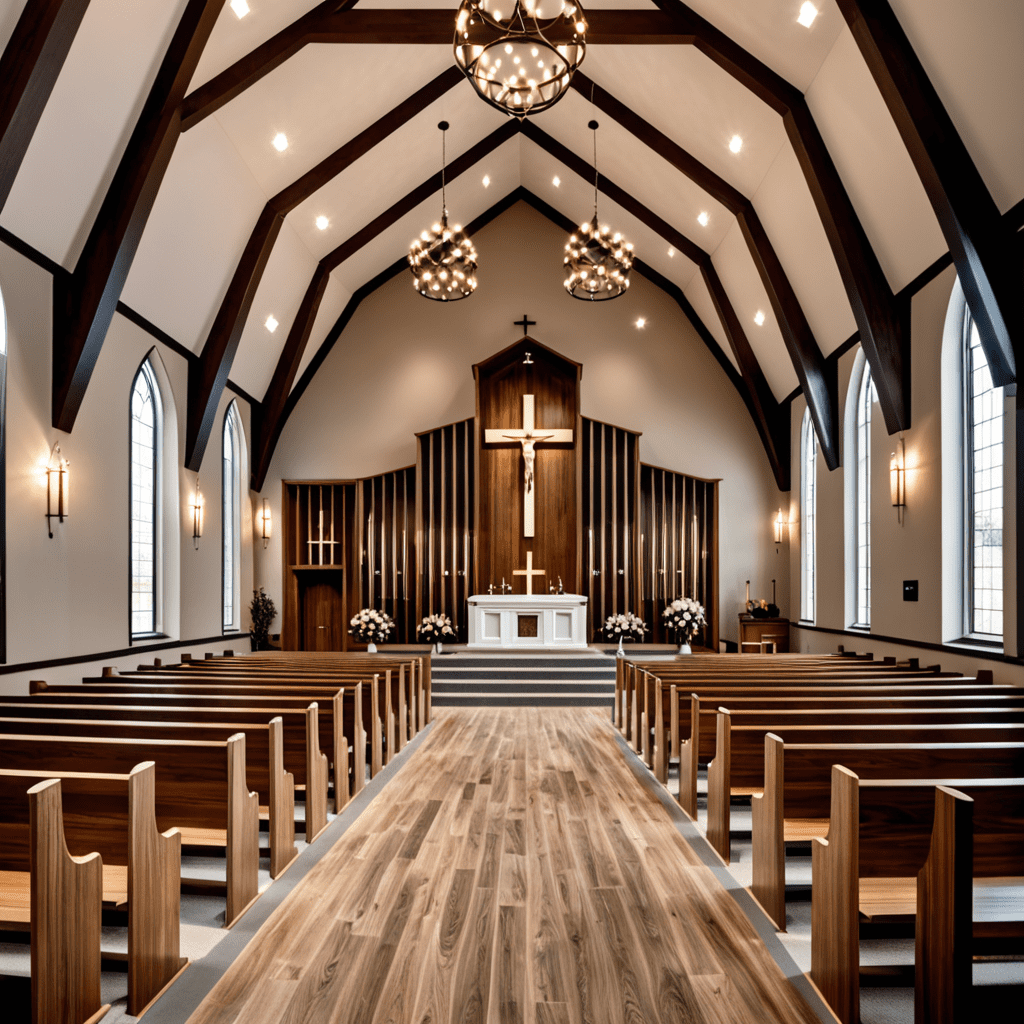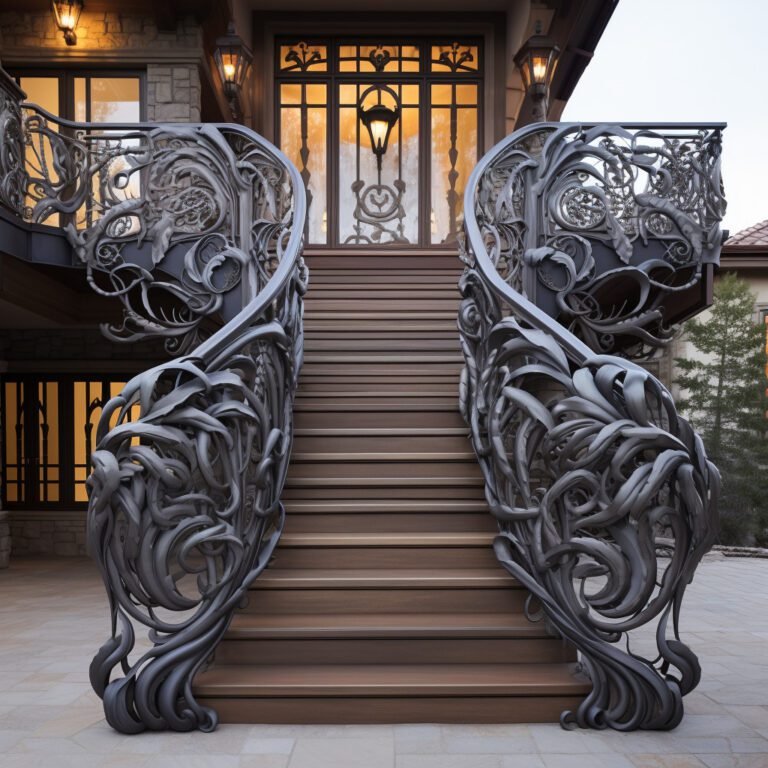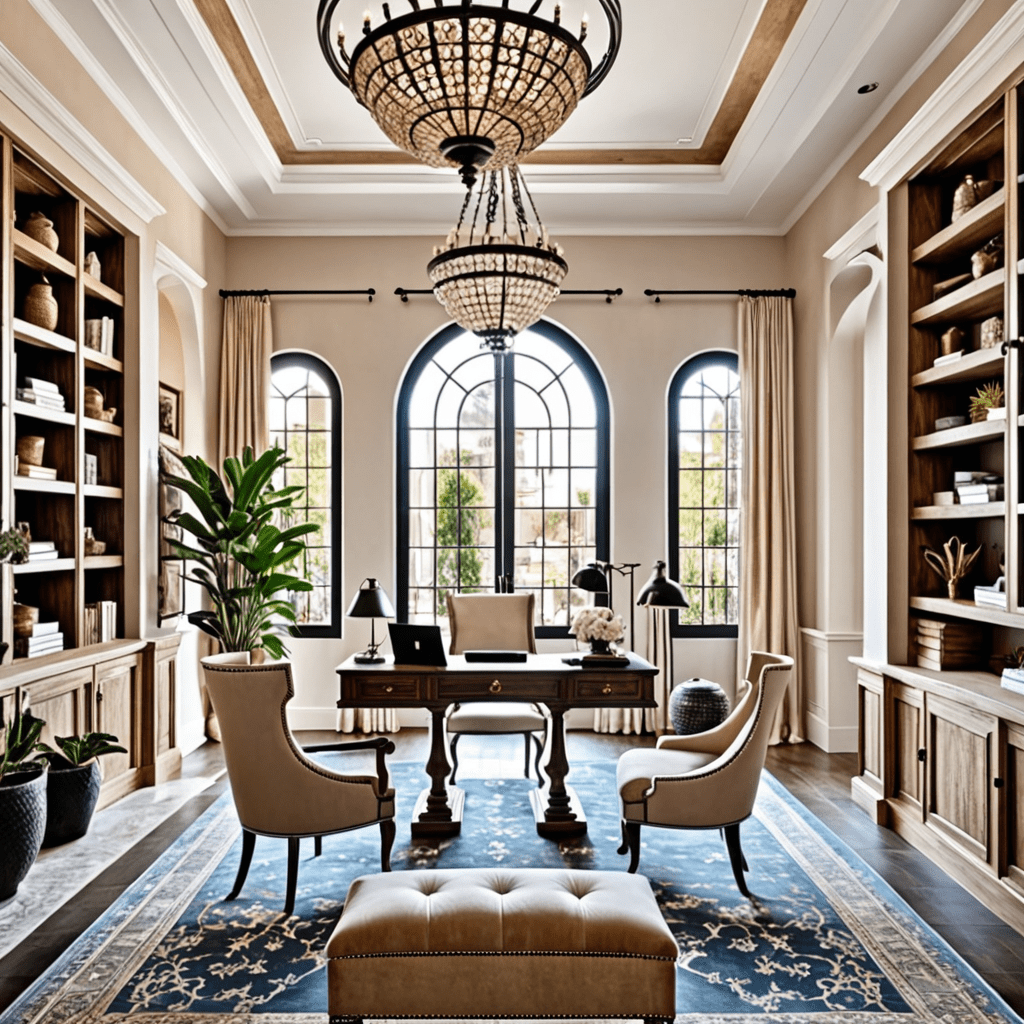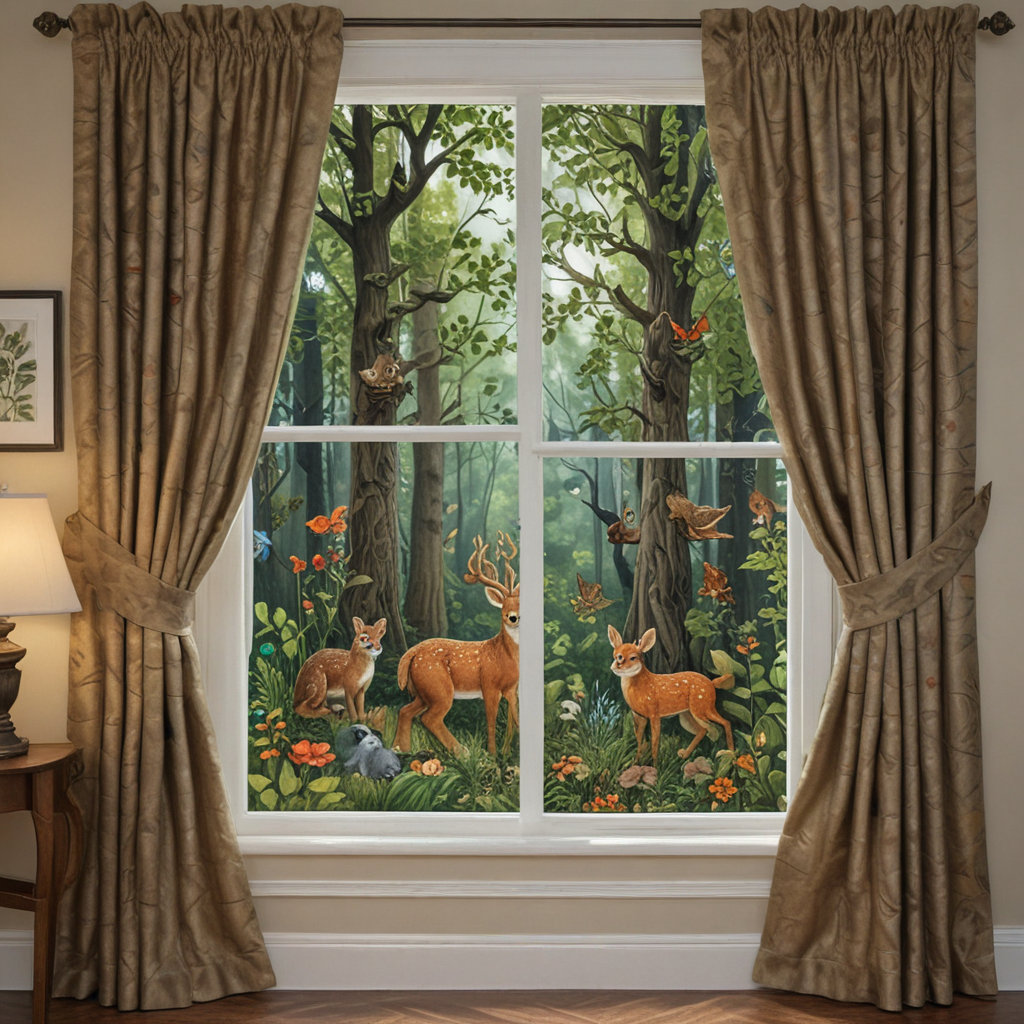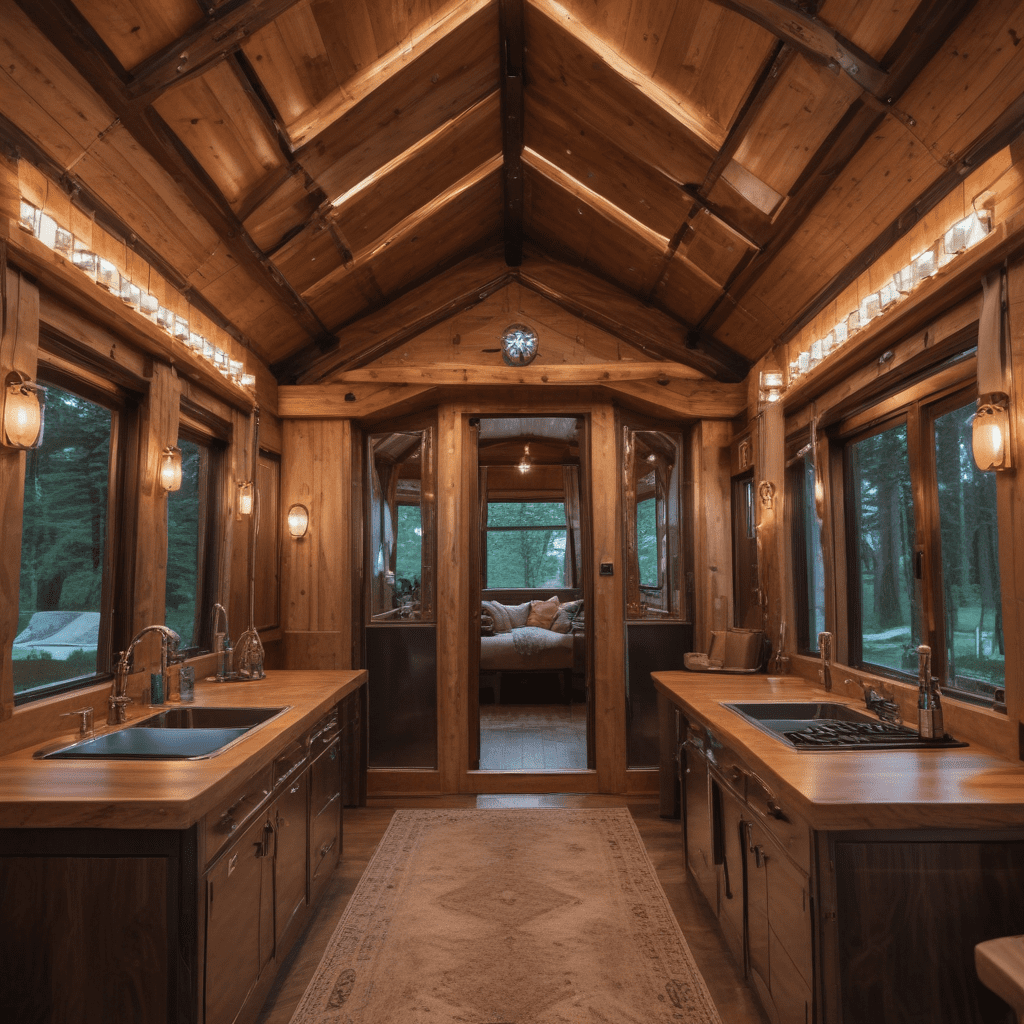12 Skills for Interior Designers
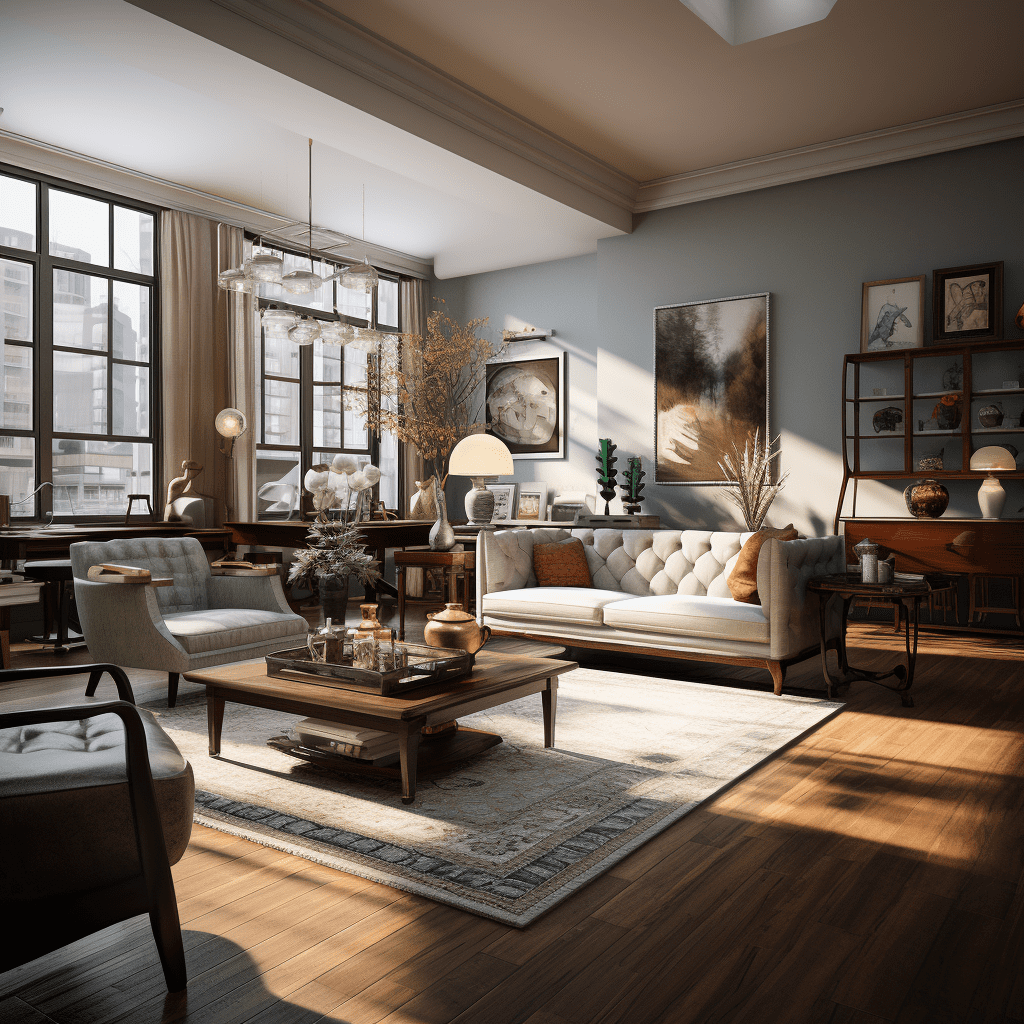

The Essential Skills for Interior Design
Interior design is the art and science of enhancing the interior of a space to create a more aesthetically pleasing and functional environment. It requires a unique combination of creativity, technical knowledge, and attention to detail. If you are considering a career in interior design or simply want to enhance your own living spaces, here are the essential skills to develop:
1. Creativity and Spatial Awareness
Interior design is rooted in creativity. A skilled interior designer has the ability to envision and conceptualize spaces in innovative and visually appealing ways. They can visualize how different elements will come together to create a cohesive and harmonious design. Spatial awareness is also crucial, as it allows designers to understand how people will move through and interact with a space.
2. Strong Aesthetic Sense
Having a strong aesthetic sense is vital for interior designers. They should possess a keen eye for color, texture, and proportion. Understanding the principles of design, such as balance, rhythm, and harmony, enables designers to create visually pleasing compositions that evoke specific emotions and moods.
3. Technical Knowledge
Interior designers must have a solid understanding of technical aspects related to their field. This includes knowledge of building codes, regulations, and standards, as well as an understanding of architectural drawings and blueprints. Familiarity with design software and technology is also essential in order to create accurate plans and 3D renderings.
4. Communication and Collaboration
Effective communication skills are fundamental for interior designers. They need to be able to listen carefully to clients’ needs and preferences and translate them into actionable design concepts. Collaboration with other professionals, such as architects, contractors, and suppliers, is also vital to ensure a seamless execution of the design vision.
5. Project Management
Interior designers are often tasked with managing multiple projects simultaneously. They need to possess excellent organizational and time management skills to ensure that deadlines are met and budgets are adhered to. Attention to detail and the ability to juggle multiple tasks are essential in order to oversee the various stages of a project, from concept development to installation.
6. Knowledge of Materials and Furnishings
Interior designers should stay up-to-date with the latest trends and innovations in materials, furnishings, and finishes. They need to have knowledge of different types of materials, their properties, and their suitability for specific applications. Understanding the durability, maintenance requirements, and cost implications of various materials allows designers to make informed decisions when selecting finishes and furnishings.
FAQ: Frequently Asked Questions about Skills for Interior Design
Q: Can anyone become an interior designer or are there specific qualifications required?
A: While a formal education in interior design or a related field can provide a solid foundation, anyone with a genuine passion for design can pursue a career in interior design. However, it is important to continuously develop and refine the essential skills mentioned above through practice, experience, and ongoing learning.
Q: Is it necessary to have strong drawing skills to be an interior designer?
A: While being able to sketch and draw can certainly be an advantage, it is not a mandatory skill. With the availability of design software and visualization tools, interior designers can effectively communicate their ideas through digital renderings and presentations.
Q: How important is staying updated with design trends?
A: Staying updated with design trends is essential for interior designers to provide clients with fresh and relevant design solutions. However, it is equally important to balance current trends with timeless design principles to ensure longevity and functionality in the spaces created.
Q: Is it necessary to have technical knowledge to be an interior designer?
A: Yes, having technical knowledge is crucial for interior designers to understand the practical aspects of designing spaces. This includes understanding building codes, regulations, and standards, as well as familiarity with architectural drawings and design software.
Q: Can an interior designer work independently or do they need to collaborate with other professionals?
A: Interior designers often collaborate with other professionals involved in a construction or renovation project, such as architects, contractors, and suppliers. Effective collaboration ensures that the design vision is executed seamlessly and that all aspects of the project are coordinated and integrated.
Q: How can one develop and improve their skills as an interior designer?
A: Continuous learning is key to improving skills as an interior designer. This can include attending workshops, seminars, and design conferences, as well as seeking out mentorship and internships to gain hands-on experience. Additionally, staying inspired by exploring diverse design styles and trends can also contribute to skill development.
In conclusion, developing these essential skills will lay a strong foundation for a successful career in interior design. Whether you are a professional designer or simply looking to enhance your own living spaces, embracing these skills will ensure that your designs are visually appealing, functional, and tailored to the needs of the users.
